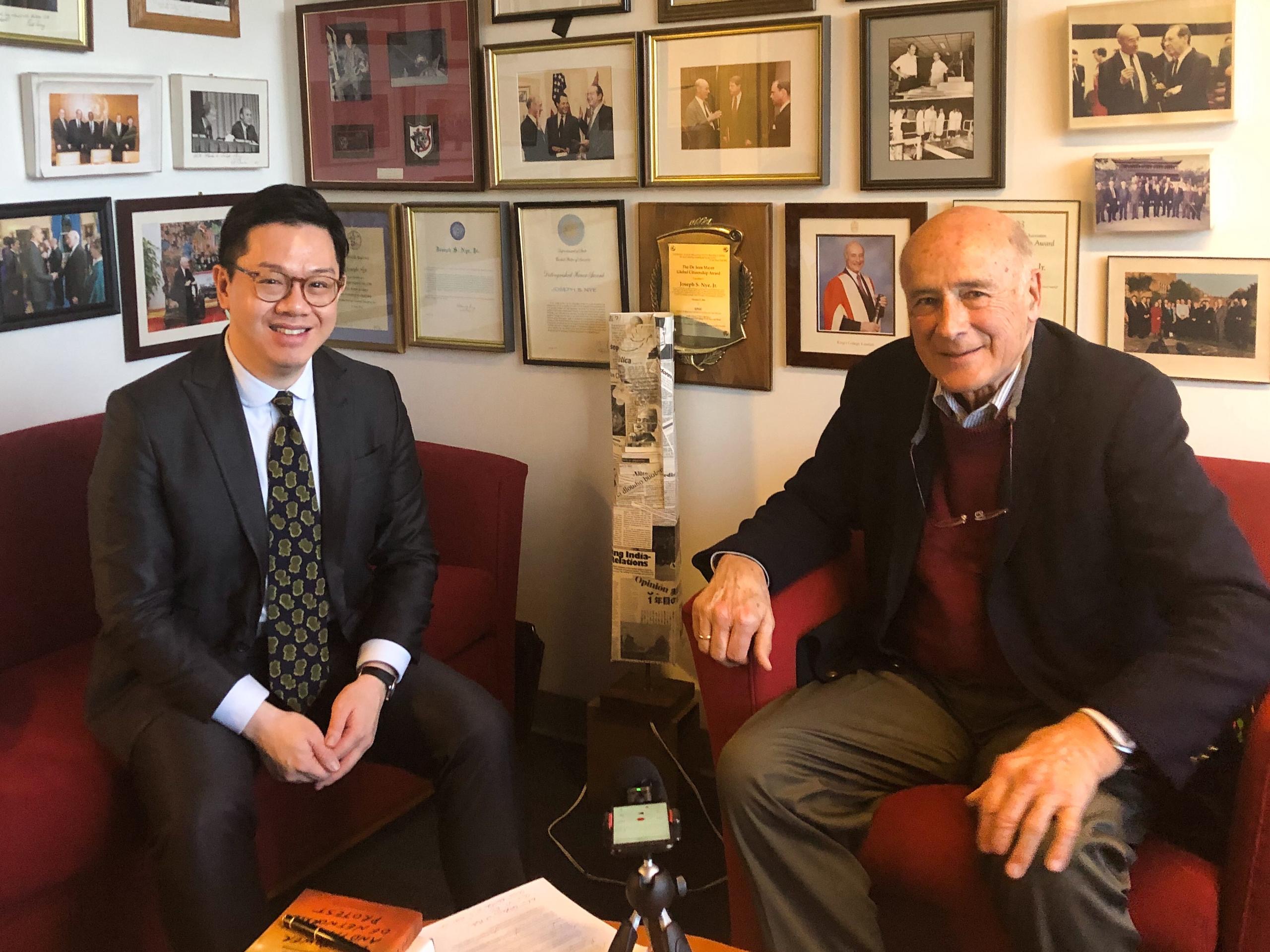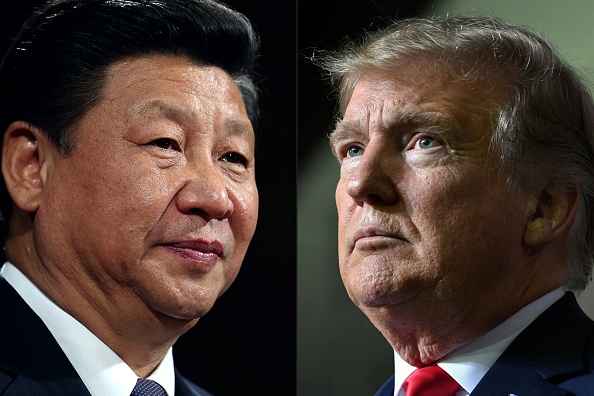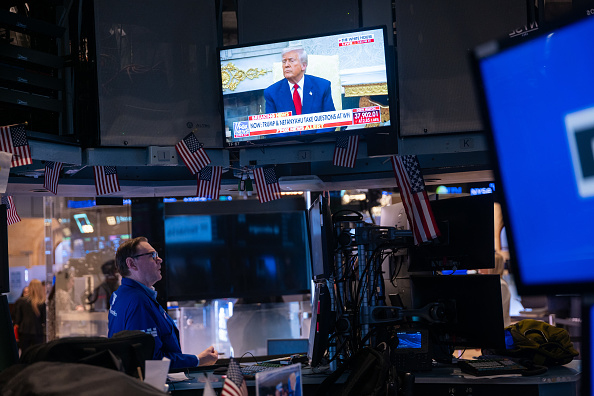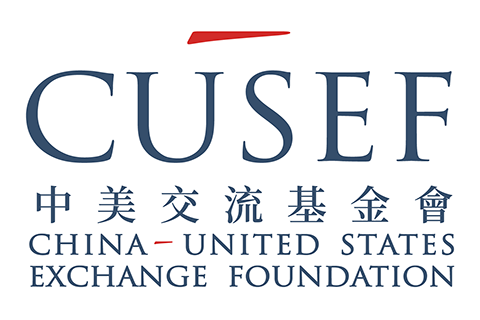
Dear Focus Reader,
On Thursday, Chinese President Xi Jinping and Russian President Vladimir Putin met in Moscow, reaffirming their partnership and deepening their strategic cooperation amidst growing geopolitical tensions. The two leaders signed over 20 cooperation agreements aimed at further strengthening ties across energy, defense, and economic sectors.
Xi and Putin's meeting underscored their shared opposition to what they described as "unilateralism and bullying," implicitly directed at the United States. Xi emphasized the importance of their "friendship of steel," and both leaders also reiterated their commitment to countering external pressures, vowing to oppose foreign attempts to isolate or weaken Russia and China. In a joint statement, they criticized Western economic sanctions, tariffs, and military policies, notably pointing to the U.S. missile defense systems as a destabilizing force.
Additionally, Xi's visit coincided with the 80th anniversary of World War II's end, providing a symbolic backdrop for their alignment against perceived Western hegemony.
Analysts have noted that the timing of the meeting was deliberate, coming just days before senior Chinese and U.S. trade officials are set to meet in Geneva, and that it underscores China's ongoing effort to balance its foreign policy priorities: maintaining dialogue with the U.S. while deepening strategic ties with countries that share its broader worldview.
Officials say the U.S.-China talks will focus on industrial overcapacity, market access, and economic "non-market practices," though expectations for concrete outcomes remain low. Still, the meeting itself is being viewed as a positive step, signaling that both sides are willing to manage tensions even as strategic competition intensifies.
In the lead-up to the talks, China cut interest rates and lowered the reserve requirement ratio for banks, moves seen as tactical cushioning for its slowing economy, but also potentially helpful in signaling flexibility as trade negotiations resume.
Learn more on international relations by catching up on our latest Focus content, including topics on great power relations, India's geopolitical position, and more.
The projected economic growth rate for China in 2025, despite the impact of tariffs, as Beijing remains confident it can endure the trade wars.
Read more in "Where is the Trade War Heading?" by Zhou Xiaoming, Former Deputy Permanent Representative of China's Mission to the UN Office in Geneva.
Jesse's Teahouse: Sharing Chinese Tea Culture | Kyle Obermann
Watch VideoIn this episode of the China Current, Host Kyle Obermann talks with Jesse Apell, a Chinese-trained xiangsheng comedian, who shares the inspiration behind his journey to becoming a global tea dealer and cultural ambassador.
In our Focus Insights section, we featured an article by Ted Carpenter, where he discusses how Trump's foreign policy is fueling global backlash, pushing nations toward a multipolar world and away from U.S. dominance.
We want to hear from you!
Can the U.S. mitigate the risks of a global coalition forming against it, given current international relations trends?
Submit your thoughts to USeditor@chinausfocus.com for a chance to be featured in next week's Focus This Week.
useditor@chinausfocus.com for more info.
Prepared by China-US Focus editorial teams in Hong Kong and New York, this weekly newsletter offers you snap shots of latest trends and developments emerging from China and the U.S. every week. It is a community space to exchange thoughts and ideas about the China-U.S. relationship and beyond.
- 2025-05-02 Focus This Week: An Open Door?
- 2025-04-25 Focus This Week: Open for Business
- 2025-04-18 A "Numbers Game"
- 2025-04-11 Focus This Week: Beijing Strikes Back
- 2025-04-04 Focus This Week: Tariff Turmoil
- 2025-03-28 Focus This Week: Navigating Uncertainty
- 2025-03-21 Focus This Week: Driving Diplomacy
- 2025-03-14 Focus This Week: Two Sessions Wrapped
- 2025-03-07 Focus this Week: Setting the Agenda
- 2025-02-28 Focus This Week: A Dramatic Shift
- 2025-02-21 Focus This Week: Straining Ties
- 2025-02-14 Focus This Week: Deals and Defense
- 2025-02-07 Focus This Week: The Saga Continues
- 2025-01-31 Focus This Week: Tariffs and Tech
- 2025-01-24 Focus This Week: A New Era
- 2025-01-17 Focus This Week: Refuge on RedNote
- 2025-01-10 Focus This Week: Learning From Legacy
- 2024-12-20 Focus this Week: New Hope for TikTok
- 2024-12-13 Focus This Week: Reinforcing Ties




